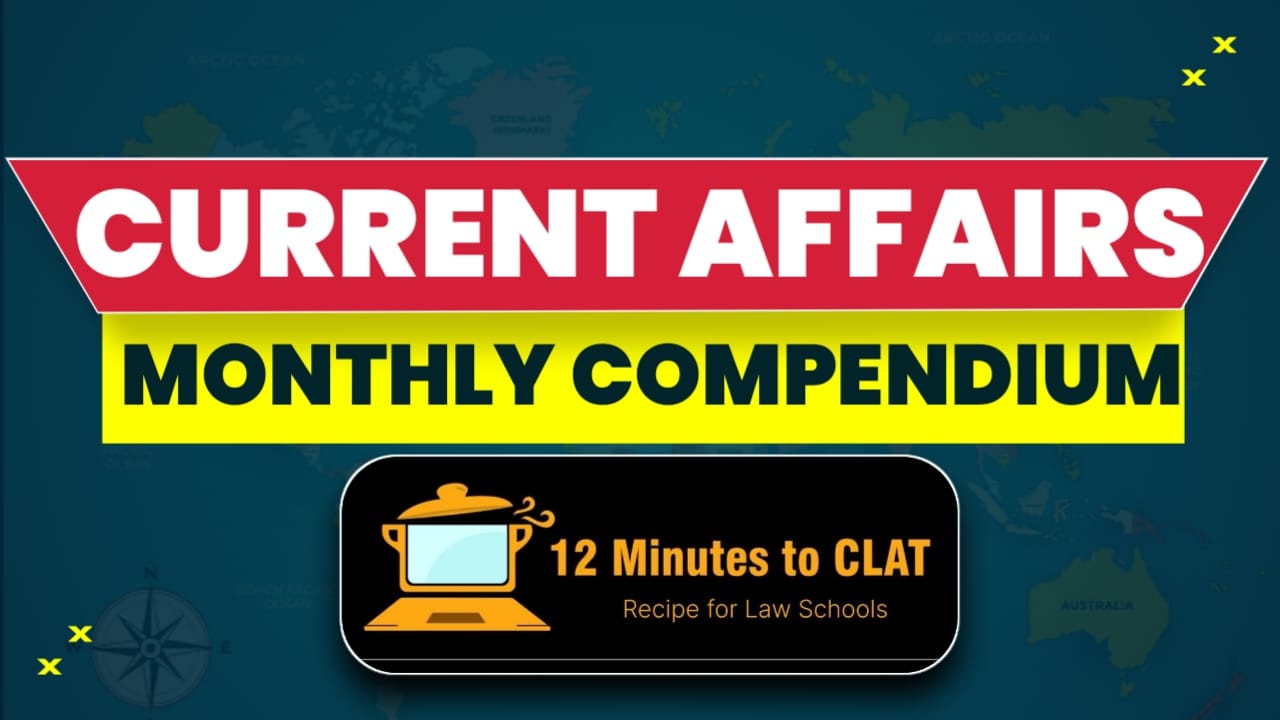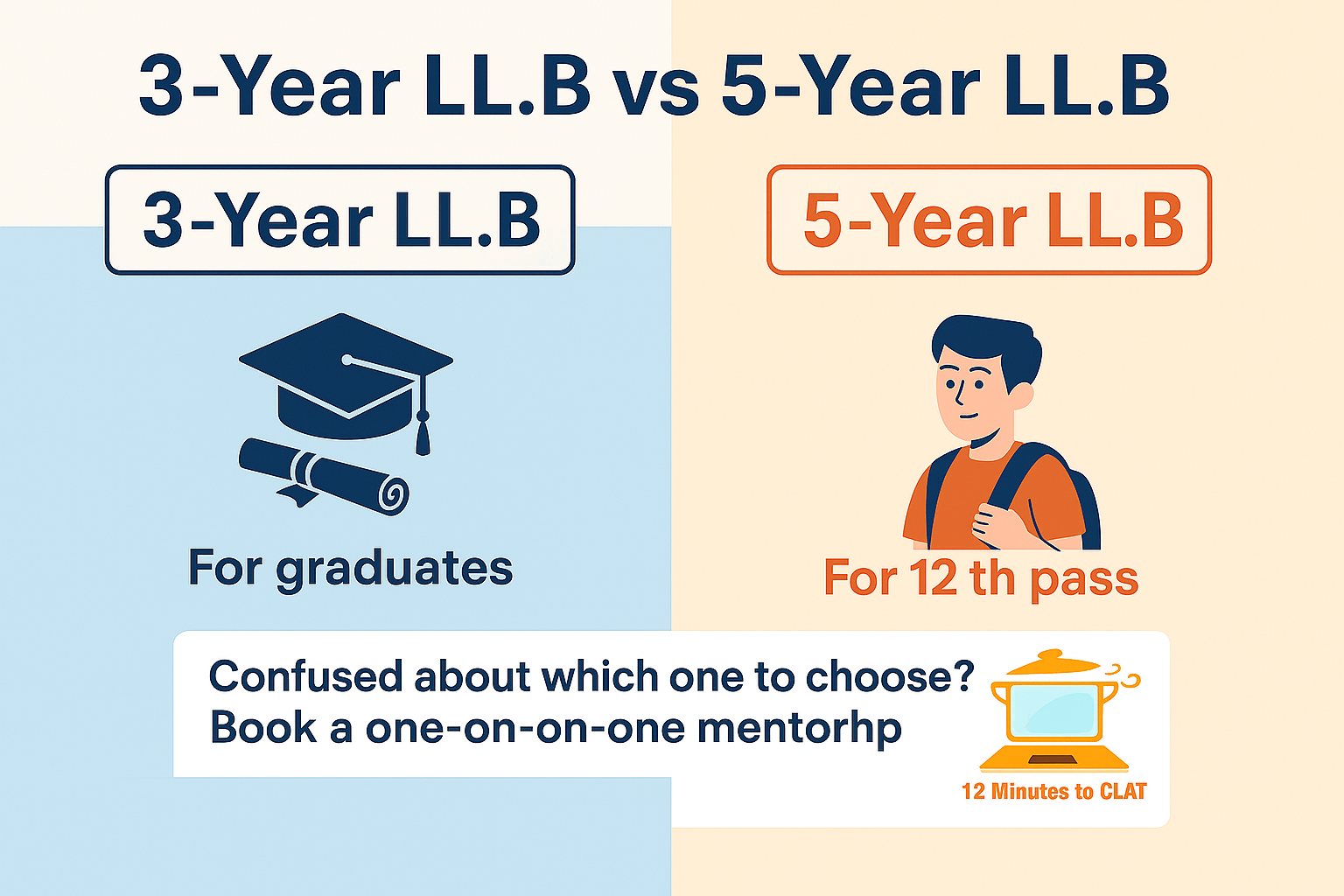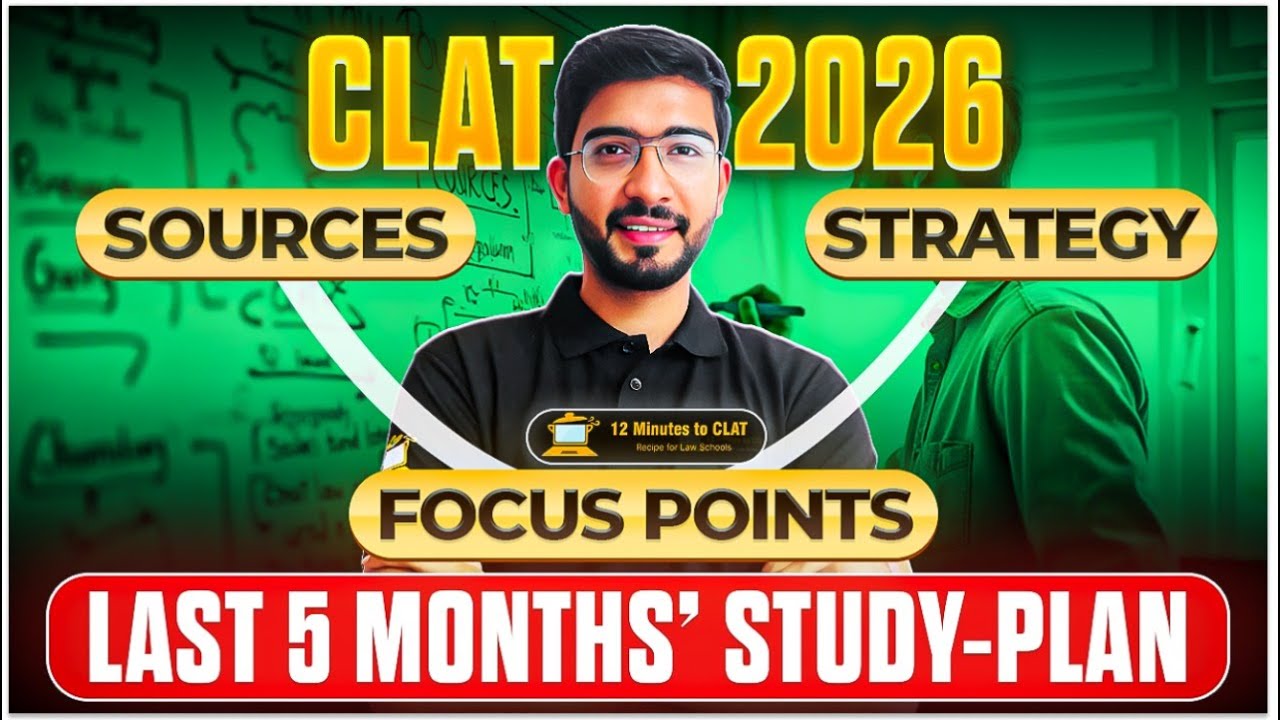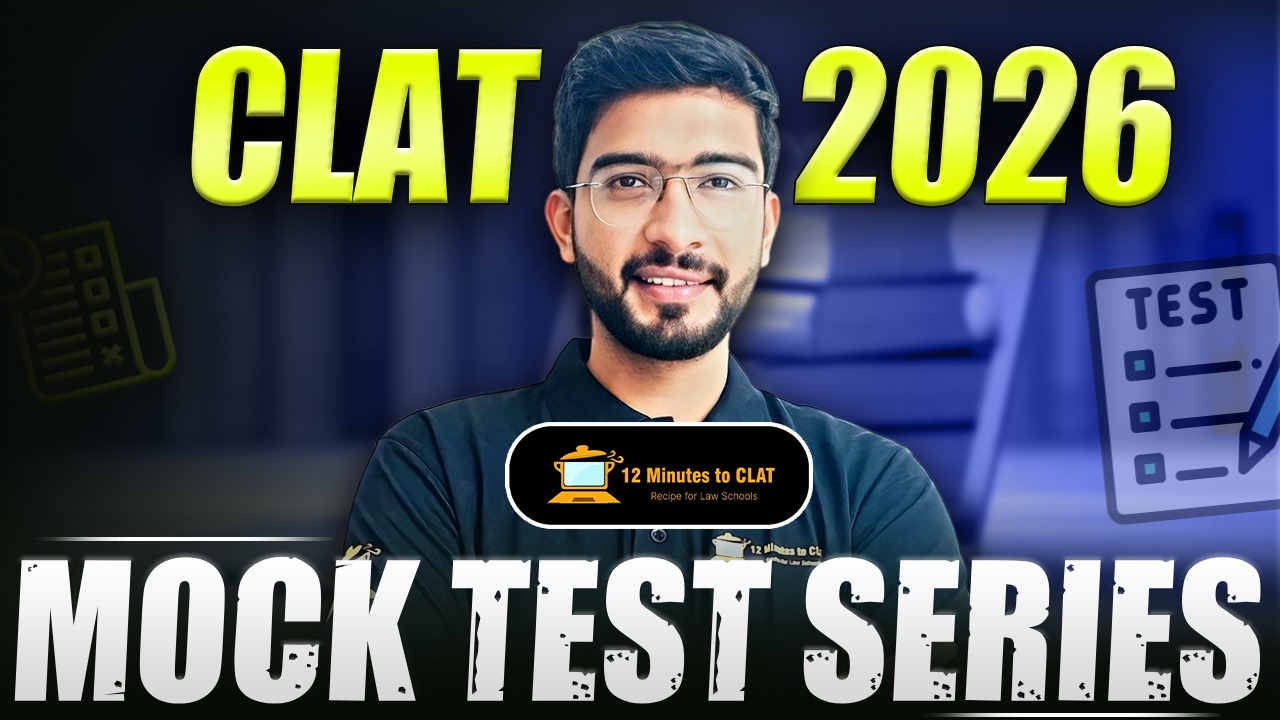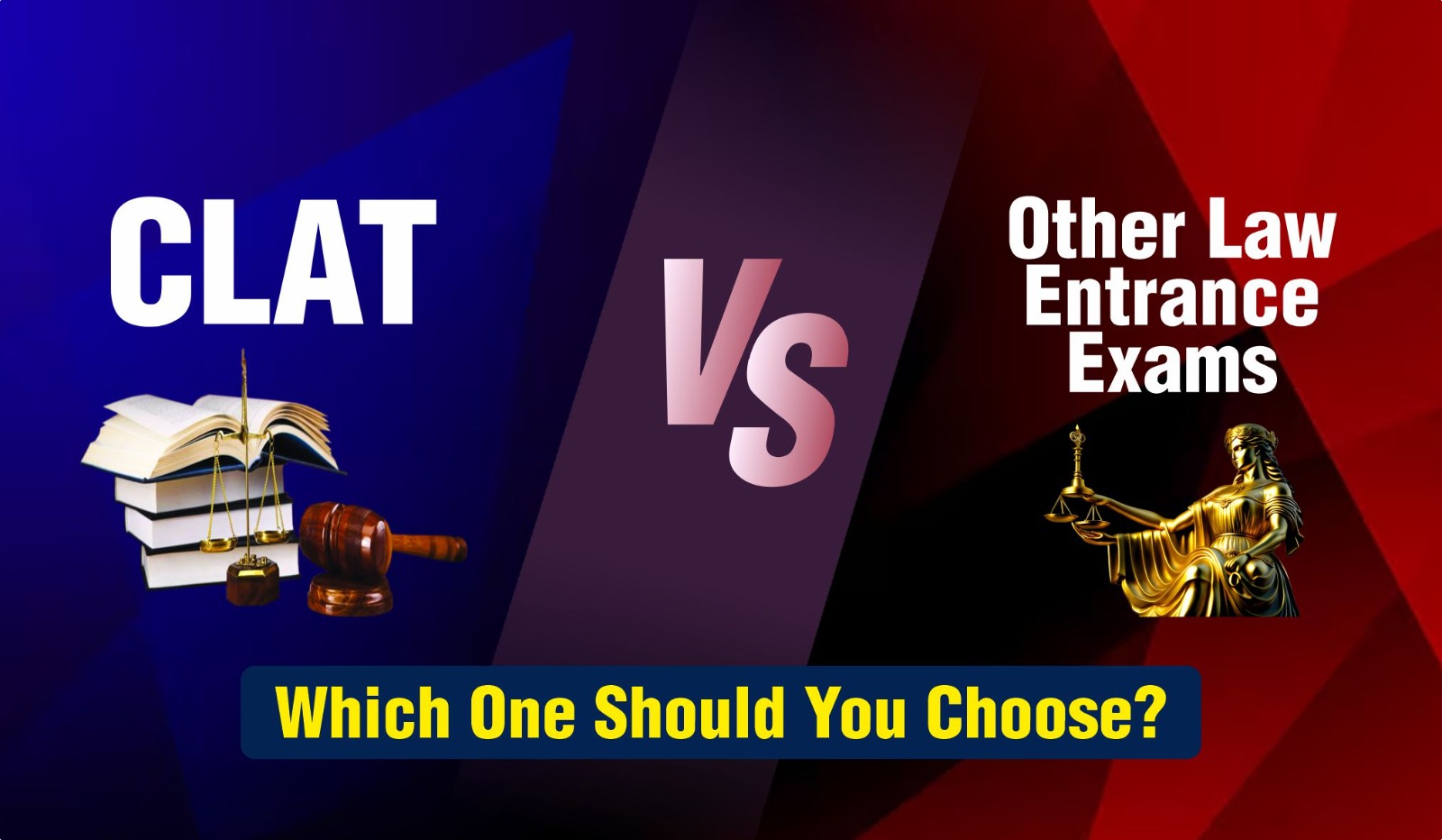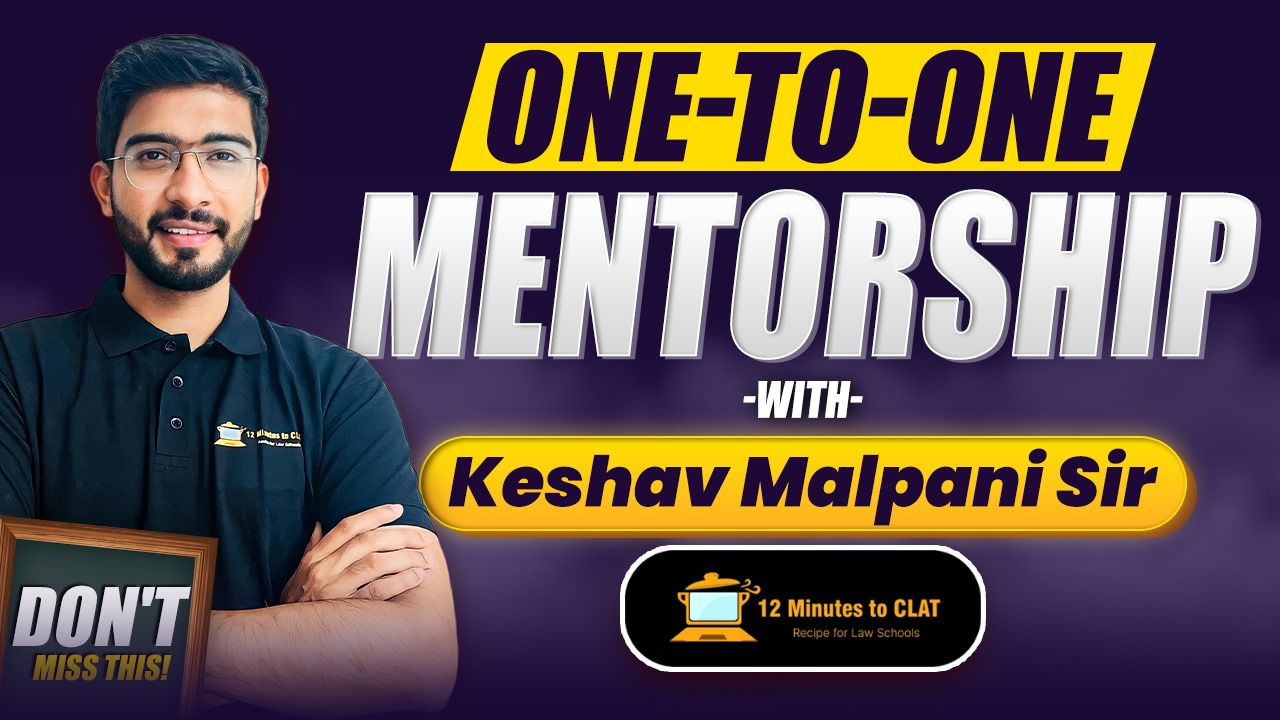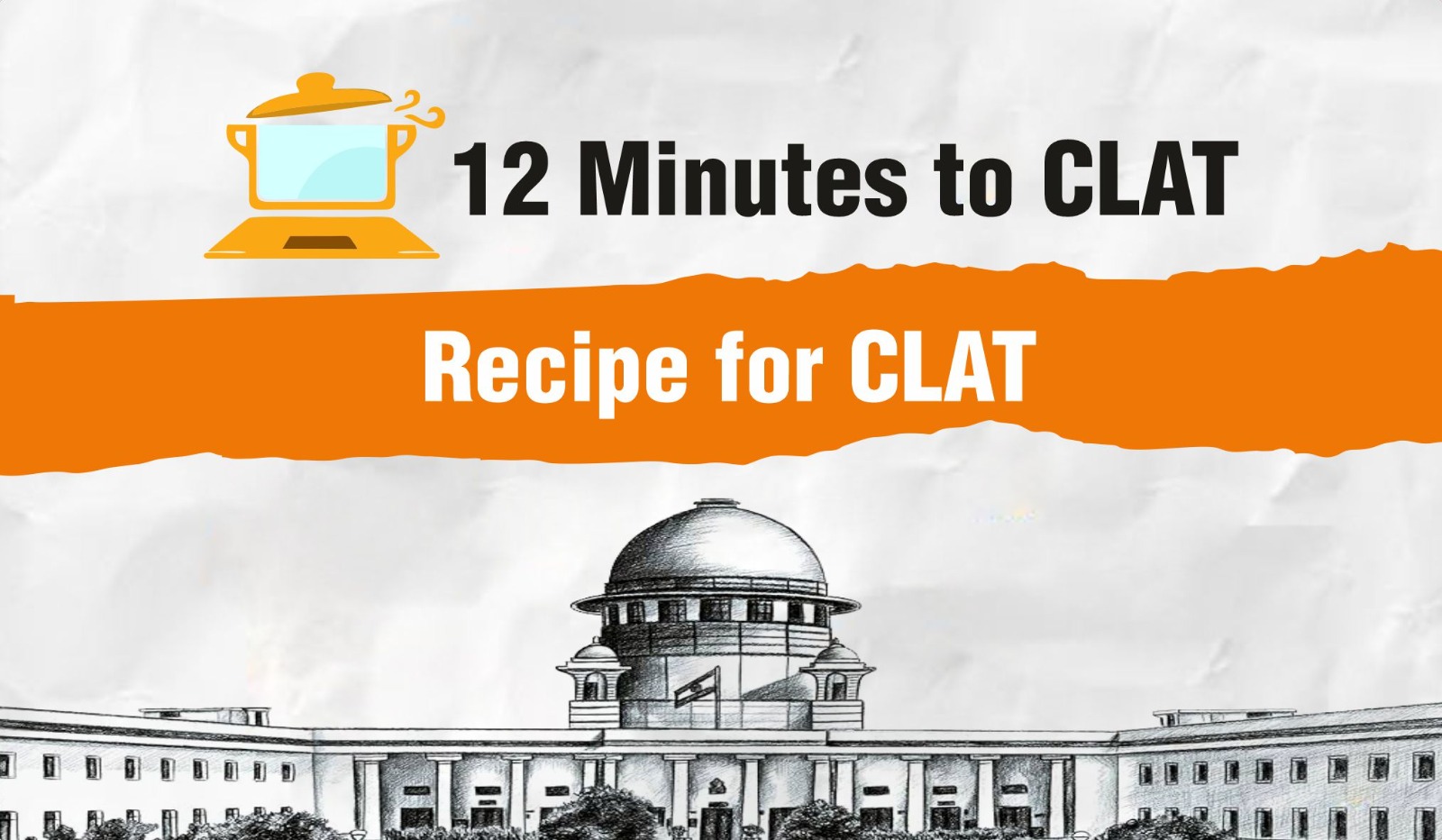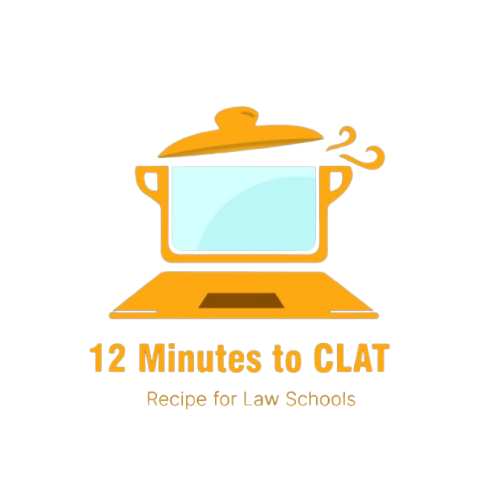MHCET 3 – Year Law 2025
About
Maharashtra Law Common Entrance Test is the annual state- level law entrance exam of Maharashtra that is conducted by State Common Entrance Test Cell, Maharashtra. It provides admission in 3-year LLB degree and 5-year LLB degree courses.
(The information in this article is majorly concerned with the 3 – year postgraduate law course.)
Mode: Online
Eligibility Criteria
- The candidate must be a citizen of India.
- Applicants must have bachelor’s degree in any discipline from any recognized university/ institute.
- Marks: Minimum 45% for General category, 42% for VJNT, SBC & OBC and 40% for SC/ST candidates.
- Age Limit- There is no upper age limit to be eligible for MHCET law examinations.
Important Dates
|
Events |
Dates |
|
Application Forms |
Till January 27, 2025 |
|
Exam Date |
March 20 and 21, 2025 |
|
Result |
To be notified |
|
Counselling |
To be notified |
Application Fee
The application fee will be Rs 800 to1000 for General (Maharashtra State) and (Outside Maharashtra State) OMS candidates, and Rs 600 to 800 for SC/ST/OBC and other reserved categories from the state of Maharashtra.
Pattern
The exam consists of 150 multiple-choice questions for 150 marks that are to be attempted within 120 minutes. Each correct answer contains 1 mark and there is no negative marking in the test. The subject-wise breakup of the examination is given below.
|
Sections |
No. of Questions |
Total Marks |
|
Legal Aptitude and Legal Reasoning |
30 |
30 |
|
General Knowledge with Current Affairs |
40 |
40 |
|
Logical and Analytical Reasoning |
30 |
30 |
|
English |
50 |
50 |
|
Total |
150 |
150 |
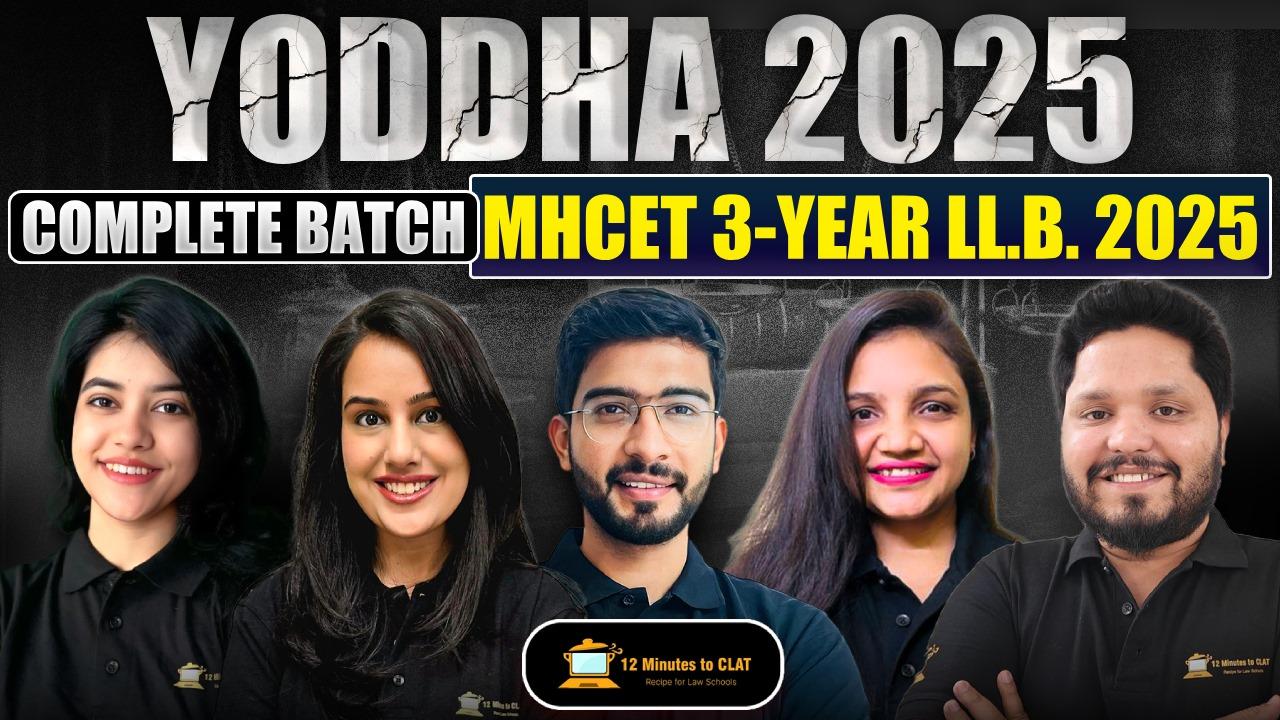
Subject – Wise Analysis
- Legal Aptitude and Legal Reasoning
This subject is aimed to test a candidates’ interest towards the study of law, legal aptitude and problem-solving ability. The questions are framed with the help of legal propositions and a set of facts to which the said propositions have to be applied.
Syllabus
- Indian Constitution, Family Law, Indian Contract Act, Law of Torts, Important Landmark Supreme Court Judgements, Legal Fundamentals and terms, Indian Penal code, Legal Maxims.
- Both principle- based legal reasoning and memory based legal knowledge questions are asked in the exam.
Sources
- Legal Awareness and Legal Reasoning by AP Bharadwaj.
- Legal GK for competitive examination by Universal Publications.
- Objective Legal Aptitude by RS Aggarwal.
- Past Year QuMock Tests and Sectional Tests.
Strategy
- A basic understanding of all the above-mentioned legal concepts is very important.
- Principle based legal reasoning questions must me thoroughly practised.
- There have been times when fact-based questions are asked without principle. Good practice and basic understanding will immensely help the candidate in tackling such questions.
- Practicing mocks and past year papers will be beneficial in attaining a good score in the subject.
- General Knowledge with Current Affairs.
This subject assesses the knowledge of the recent happenings and awareness of the world.
Syllabus
- Static GK- Ancient, Medieval and Modern History, Polity, Economics, Geography and General Science.
- Current Affairs- Past one-year current affairs concerning National, International and Legal happenings. Questions related to Policymaking, Reports & Indices, Important days, Space Programmes, Books and authors, awards and achievements are also asked.
Sources
- Newspaper articles
- Objective type Current Affairs & Static GK available on various websites and channels meant for the preparation of competitive exams.
- Lucents’ GK can be referred for preparing the Static GK Topics.
- Past Year Question Papers, Mock Tests and Sectional Tests.
Strategy
- The topics are not needed to be studied in detail as mostly one liner MCQs are asked.
- For covering static GK in lesser time, YouTube videos of UPSC preparation channels and sources providing static questions in MCQ format can be referred.
- Make yourselves aware of all the contemporary issues that happened around the globe in the past one year.
- Prepare proper notes for a quick revision before the exam and try to revise everything, at least once, before going for the exam.
- Logical and Analytical Reasoning:
This subject is to test the candidates’ ability to identify patterns, logical links and rectify illogical arguments. It will include wide analogies, completing arguments, drawing well supported conclusions, reasoning by analogy, applying principles or rules.
Syllabus:
- Critical Reasoning- Statements & Assumptions, Statements & Conclusions, Statements & Arguments, Statements & Actions, Assertion-Reason
- Analytical Reasoning- Syllogism, Number Test, Direction & Distance Test, Coding and Decoding, Blood Relationship, Ranking, Analogy and Sitting Arrangements.
Sources
- Verbal and Non-Verbal Reasoning by R.S. Aggarwal.
- A New Approach to Verbal and Analytical Reasoning by Arihant.
- A modern approach to Logical Reasoning by RS Aggarwal.
- Past Year Question Papers, Mock Tests and Sectional Tests.
Strategy
- Try to have a thorough understanding of all the concepts in both Critical and Analytical Reasoning.
- Practice a few questions related to all the topics mentioned in the syllabus. The paper is mostly not too difficult and good practice with easier questions and relatively decent practice with harder questions can be enough to score well.
- English
This section aims to test the language proficiency of the candidates. It will consist of questions on areas like Vocabulary, Proficiency, English Usage Errors, and English Comprehension with a minimum of 2 passages followed by five to ten questions that test reading and reasoning abilities.
Syllabus
- Vocabulary, Synonyms, Antonyms, Para Jumbles, Analogies, Idioms and Phrases, One Word Substitutions, Passage- based English Comprehension, Spotting errors, Spelling mistakes, Sentence Improvement & re-arrangement, fill in the blanks.
- Grammatical Understanding- Parts of speech, figures of speech, Subject-verb Agreement, tense, voice, preposition usage, speech errors.
Sources
- Word Power Made Easy
- Wren & Martin,
- 30 days to a More Powerful Vocabulary,
- Objective General English by RS Aggarwal.
- Past Year Question Papers, Mock Tests and Sectional Tests.
Strategy
- Parts of speech should be studied and practiced thoroughly. Many questions are asked based on this.
- Grammar is mostly ignored by students but it forms the basis of many questions that are asked in the exam like spotting error, sentence rearrangement, fill in the blanks, etc.
- If a student has decent amount of time to prepare, newspapers can be a good source for gradual vocabulary building otherwise memorizing frequently asked words and practicing will be helpful.
Top 10 MHCET Law – 3 Year LLB Colleges
- Government Law College, Mumbai
- Indian Law Society (ILS) Law College, Pune
- Rizvi Law College, Mumbai
- DY Patil Law College, Navi Mumbai
- D.E.S. Navalmal Firodia Law College, Pune
- Shankarrao Chavan Law College, Pune
- KC Law College, Mumbai
- Navjeevan Law College, Nashik
- Dr Ambedkar College of Law, Mumbai
- New Law College, Mumbai
For any queries regarding CLAT Coaching, reach out to us at +91-9303019139 or +91-9929774737 or visit 12minutestoclat.com


